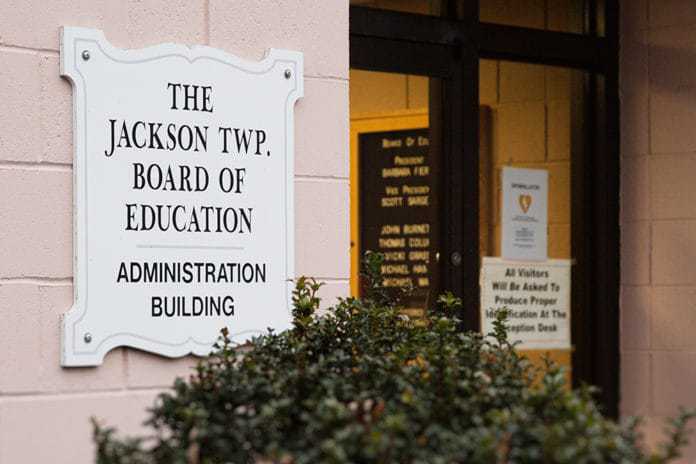Jackson School District officials recently sued the State of New Jersey, the New Jersey Department of Education, and the New Jersey Commissioner of Education in Superior Court, arguing that the district’s underfunding is systematic and unconstitutional.
According to School Board Attorney Marc Zitomer’s statement, the state has been depriving Jackson students of adequate money for a comprehensive and effective education for years, as mandated by Article VIII, Section IV of the New Jersey Constitution.
The district was obliged to sell Rosenauer Elementary School, reduce academic and extracurricular programming, and eliminate 285 staff positions as a result of this continuous deprivation of $22.4 million over seven years. According to the statement, the district was forced to implement a district-wide reconfiguration for the 2025–2026 school year due to the severe and protracted funding cuts. This reconfiguration includes the merger of middle and high schools as well as the requirement that Christa McAuliffe Middle School close the following year in order to prepare it for sale.
According to the district, an additional 100 jobs will be eliminated for the upcoming year, bringing the total number of lost employment to 385. District officials claimed that the state has not addressed these problems in spite of years of representatives and lawmakers calling for increased help.
Despite broad public recognition that our economic problems are caused by a lack of money, not by poor management or excessive expenditure, the district maintains that the state has consistently avoided accountability rather than providing helpful remedies, Zitomer continued.
The formula broke somewhere along the line, and the state has refused to fix it to take Jackson’s particular situation into consideration. Tina Kas, president of the Jackson Board of Education, stated. We collaborated closely with our fiscal monitor, our county office, and state Department of Education representatives.
We begged the state to step in, Kas continued. Other than acknowledging that the formula could need to be adjusted in the future, we were not given any other options. Our pupils are in pain. We can’t wait.
The district’s budget for 2025–2026 is expected to fall $40.5 million short of what the state considers adequate. According to the lawsuit, the district’s capacity to carry out its constitutional duty to offer every kid a high-quality public education is hampered by this funding shortfall.
The claim that New Jersey’s school funding formula ignores Jackson’s special demographic responsibilities—most notably, the substantial cost of transporting and paying aid-in-lieu for an ever-increasing number of non-public school students who qualify for transportation—is at the heart of the lawsuit.
Currently, there are more than 6,400 of these non-public pupils, and in the upcoming academic year, that number is projected to rise to 8,000, surpassing the present enrollment of 7,393 in public schools. The lawsuit also claims that Jackson’s application for emergency stabilization funds was denied by the state, despite identical requests from other districts being granted. This is discriminatory, arbitrary, and capricious treatment that violates equal protection principles of the constitution.
Over time, school officials have garnered support from neighboring townships of Plumsted, Brick, and Toms River, as well as from other school districts that have also been affected by state aid cuts.
Assemblyman Alex Sauickie of the Twelfth District has also pushed for a revision to the S-2 school assistance financing formula, which has failed to adequately finance several districts in the state. He testified on behalf of the Jackson school district, claiming that the district has been unjustly harmed by the financing formula.
For comment, the Jackson Times contacted the Department of Education and the office of Commissioner Kevin Dehmer of the New Jersey Department of Education. According to Mike Yaple, the department’s spokesperson and public information officer, the New Jersey Department of Education is unable to comment on issues pertaining to ongoing legal proceedings.












